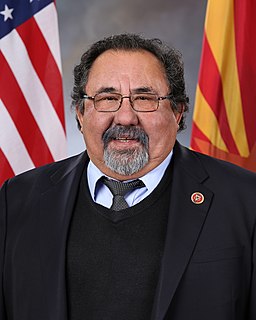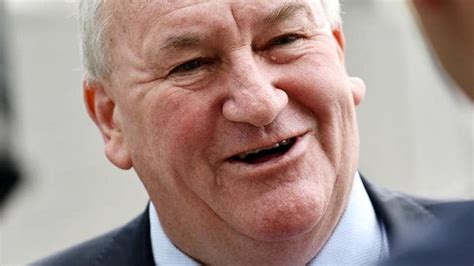A Quote by J. C. Watts
Americans are hungry for a discussion on policy solutions to the problems in their communities that work.
Quote Topics
Related Quotes
The nation relies upon public discussion as one of the indispensable means to attain correct solutions to problems of social welfare. Curtailment of free speech limits this open discussion. Our whole history teaches that adjustment of social relations through reason is possible when free speech is maintained.
The American people are a non-ideological people. They very much are looking for common-sense, practical solutions to the problems that they face. Oftentimes they've got contradictory senses of various issues and policy positions and I don't think that either the Republican Party or the Democratic Party necessarily capture their deepest dreams when those parties are described in caricature or in policy terms.
My impression was and is that many programming languages and tools represent solutions looking for problems, and I was determined that my work should not fall into that category. Thus, I follow the literature on programming languages and the debates about programming languages primarily looking for ideas for solutions to problems my colleagues and I have encountered in real applications. Other programming languages constitute a mountain of ideas and inspiration-but it has to be mined carefully to avoid featurism and inconsistencies.
In the United States of America, unfortunately we still live in a bubble of unreality. And the Category 5 denial is an enormous obstacle to any discussion of solutions. Nobody is interested in solutions if they don’t think there’s a problem. Given that starting point, I believe it is appropriate to have an over-representation of factual presentations on how dangerous it is, as a predicate for opening up the audience to listen to what the solutions are, and how hopeful it is that we are going to solve this crisis.

































